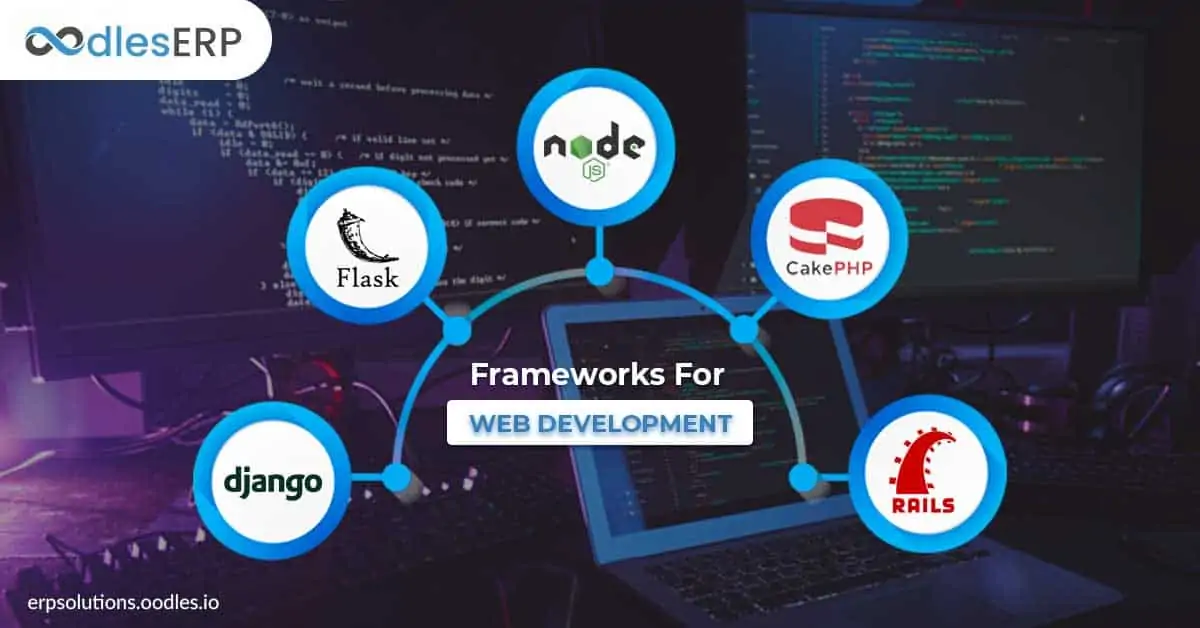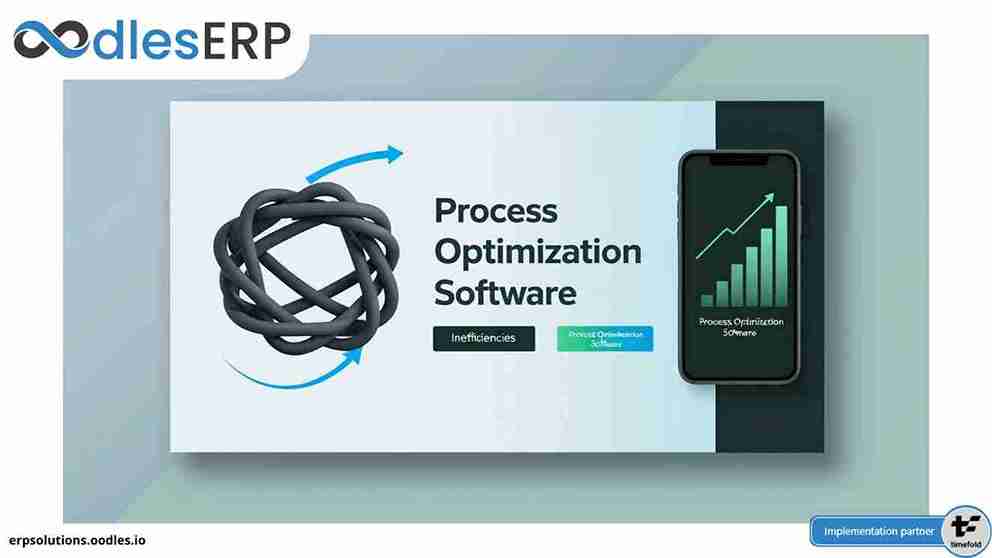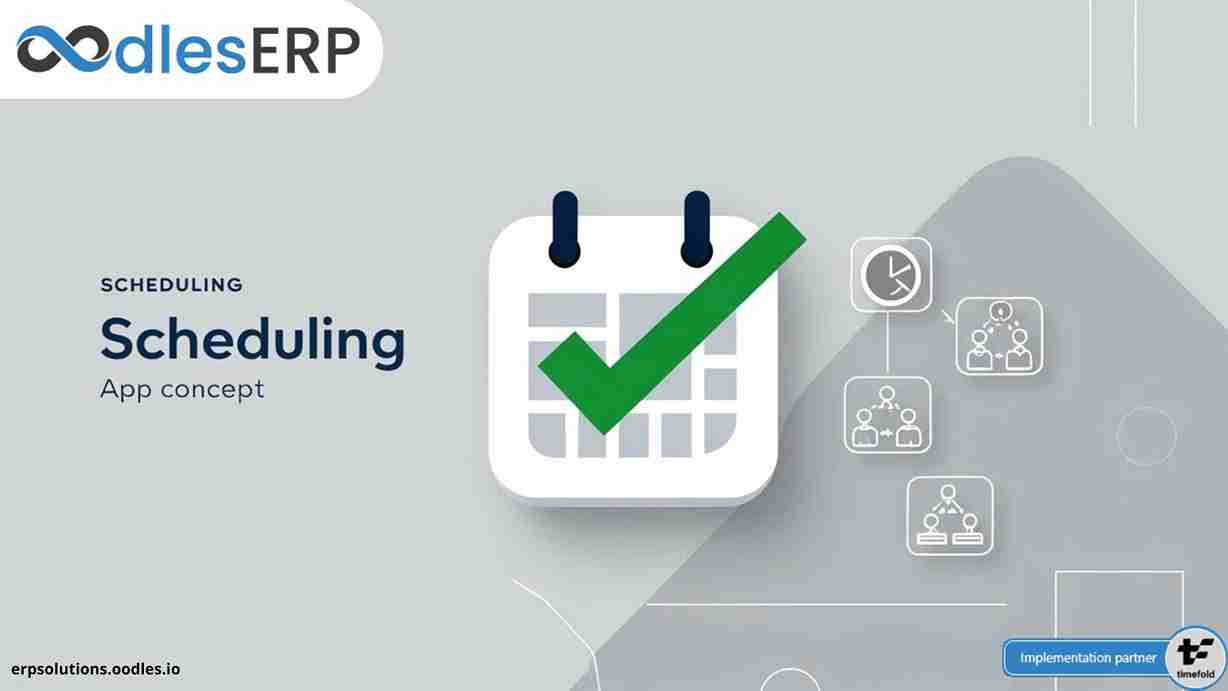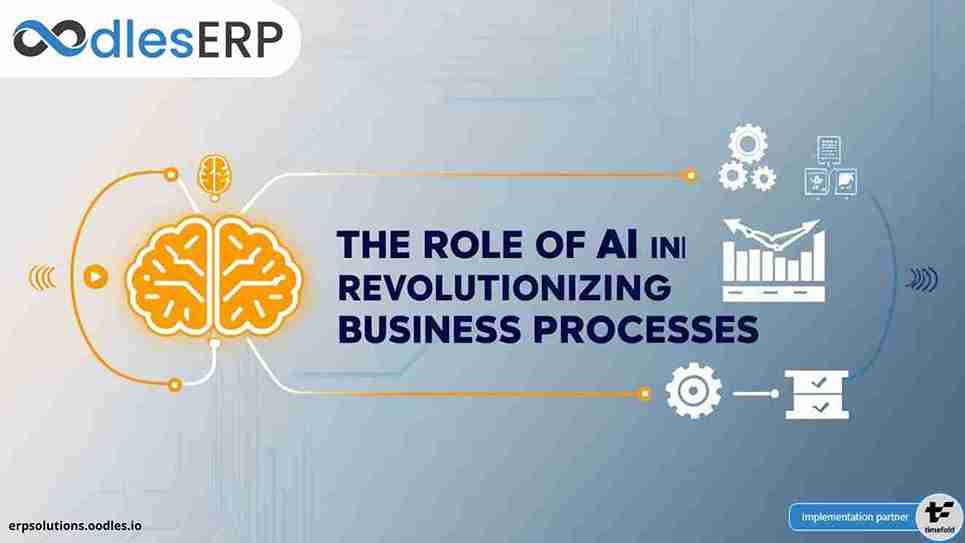In this age of digitization, it is increasingly important for businesses of all types and sizes to have an impeccable web presence. A high-quality website or web application not only helps you gain traction on the internet but also strengthens your brand identity and aids in effective audience targeting. On the contrary, a poorly designed website delivers a bad user experience and puts a negative impression on your potential customers. Besides, it is equally important to ensure that your web application is scalable enough to address the increasing user requirements. Other characteristics of an effective web application include responsive UI/UX designs, smooth navigation flow, intuitive admin interface, and engaging visual elements.
The choice of framework for custom web application development can significantly impact its performance, usability, and user adoption rate. From APIs to libraries and web servers, backend frameworks handle everything under the hood. They are responsible for the smooth functioning of a website or web application. It is, therefore, essential for businesses to choose the right framework for their custom web application solution.
Here, we have compiled the most effective backend frameworks for custom web application development. At the same time, we walk you through the main features of these web frameworks as well as their significance.

Also read Take Your Retail Business Online With Odoo eCommerce
#1 Django
Python is one of the most extensively used programming languages for custom web application development. Although there are several frameworks that support Python-based web development, Django definitely stands apart due to its intuitive coding interface and developer-friendliness. Unlike many other frameworks, it follows model-template-views (MTV) architectural pattern and enables developers to build highly functional web applications. The best part about Django is that it’s an open-source framework and free to use under a 3-clause BSD license. Above all, it enables developers to write clean, readable, and reusable code to make changes in real-time.
Given below are the key features of Django-based Python programming for custom web application development:
– Serverside backend framework with model-template-view architecture
– A ‘batteries included’ framework that offers rapid development with extensive code reusability
– Supports a variety of pluggable apps and third-party plugins
– Provides additional support for asynchronous, reactive programming
– Offers the best support for Python-based web programming
According to GitHub, Django is the second most popular server-side framework worldwide.
#2 Node.JS
Node.JS is a popular web application framework for server-side scripting that supports JavaScript-based programming. In its entirety, it’s not a framework but a run-time engine that serves as an important backend tool for web development. It is an essential component of the MEAN stack development suite that renders complete support for backend development and maintenance. Node.JS runs on Chrome’s V8 JS engine and facilitates seamless integration with other MEAN stack tools including Angular, Express.JS, and MongoDB. It follows the model-view-presenter architectural pattern and executes JavaScript code outside of the web browser.
The main features of Node.JS for web application development include:
– Supports model-view-presenter (MVP) architecture
– Renders complete support for JSON libraries
– Seamless integration support with other JavaScript tools and libraries
– Supports all major operating systems including Linux, Windows, macOS, and IBM AIX
– Faster development, quick debugging, and easy code reusability
Node.JS adheres to a ‘JavaScript everywhere’ paradigm and fosters the use of a single programming language throughout the application development lifecycle.
#3 Ruby on Rails
Rails is yet another server-side web application framework that facilitates programming in Ruby, an interpreted, high-level language. The framework supports model-view-controller (MVC) architecture and provides default structures for databases, webpages, and web services. Rails fosters the use of prominent web standards like JSON, CSS, HTML, and JavaScript. JSON or XML is used for data transfers while the remaining three find their application mainly in user interfacing. The Rails framework introduced many novel concepts in web development such as Active Record pattern, Don’t Repeat Yourself (DRY), and Convention over Configuration (CoC).
The key features of Ruby on Rails include:
– Server-side web framework with MVC architecture
– A “batteries included” framework that supports Asynchronous, Reactive programming
– Focuses on DRY, CoC, and Active Record pattern
– Facilitates rapid development with its main focus on improving the developer experience
Ruby On Rails was a trendsetter for many other frameworks including Django, Angular, and Laravel. It is still widely used for developing large-scale web applications for cross-industry enterprise requirements.
#4 Flask
Flask is another Python-based framework for custom web application development that is similar to Django in many technical aspects. However, Flask is more suited for small-scale web development projects due to its Unicode architecture. For this reason, it is often referred to as a ‘micro-framework’ for Python-based programming. Unlike Django, it doesn’t require any set of libraries, tools, or a database abstraction layer. Flask facilitates faster debugging and enables developers to build high-quality web applications with all basic features and functionality.
Let’s have a look at its key features:
– WSGI 1.0 compliant (Web Server Gateway Interface)
– Built-in support for unit testing
– Offers built-in development server
– Facilitates faster debugging
– Ease of use (availability of documentation)
– Compatible with Google App Engine
Flask is an ideal choice for developing lightweight and responsive web applications with basic features for small-scale projects. For more advanced features, it is advisable to opt for Django-based custom web application development services.
#5 Cake PHP
Cake PHP is a web development framework that enables developers to build custom web applications using PHP-based programming. It supports MVC architecture and is inspired by the concept of Ruby on Rails. It provides code recommendations to accelerate the development process with rapid prototyping and debugging. Besides, it provides additional features like cross-site scripting, input validation, SQL injection, and XSS protection.
Below are the key features of Cake PHP for custom web application development:
– Supports MVC architecture
– Compatible with the latest PHP versions
– Built-in validation and flexible caching
– Flexible database access
– Integrated CRUD for easy database interactions
All the aforementioned frameworks are open-source and free to use under different software licenses. Each of these frameworks has its distinct features and characteristics. Nevertheless, some are suited for small-scale web projects while others render complete support for building holistic web solutions with advanced features.
At Oodles ERP, we provide end-to-end custom web application development services to solve complex business problems. Our developers are experienced in using the latest tools, frameworks, and SDKs to custom-build scalable web solutions. With a proven track record in web development, we have successfully established ourselves as a custom web application development company that provides complete enterprise solutions. For more information, visit erpsolutions.oodles.io or reach us out at [email protected].









